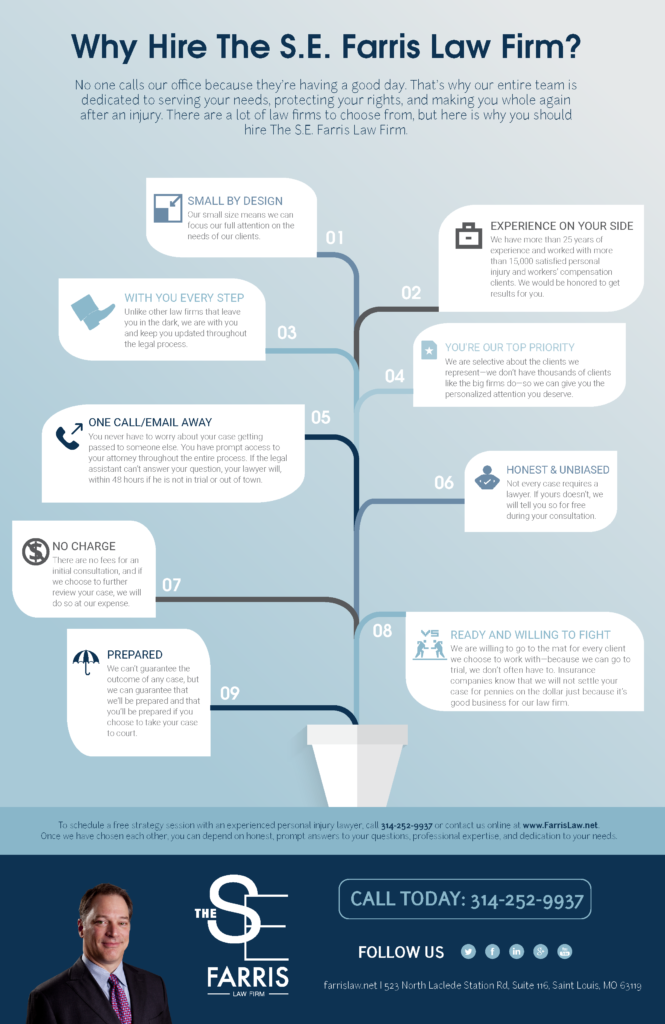Comprehending Landlord-Tenant Legislation: A Guide For Real Estate Attorney
Comprehending Landlord-Tenant Legislation: A Guide For Real Estate Attorney
Blog Article
Material Develop By-Solomon Walker
When it involves landlord-tenant law, understanding your legal rights and duties is crucial for both events. You may think you have a solid grasp on the basics, however there are typically subtleties that can capture you off-guard. Whether you're a landlord managing a home or a renter seeking a steady home, recognizing the lawful landscape can make all the difference. What might amaze you are the complexities associated with browsing disagreements and eviction procedures.
Comprehending Renter Civil Liberties and Responsibilities
When you lease a residential property, it's crucial to understand your legal rights and responsibilities as a tenant. You can a secure and habitable living environment, indicating your proprietor should maintain necessary services like heating, plumbing, and electrical power.
You're also qualified to privacy; landlords generally require to supply notification before entering your unit.
On the flip side, you are in charge of paying rental fee on time, maintaining the residential property clean, and not triggering damages past regular deterioration.
Familiarize yourself with your lease contract, as it lays out certain rules and responsibilities. Understanding these elements not just protects you yet additionally fosters a favorable relationship with your landlord.
Stay educated, and you'll navigate your occupancy better.
Trick Property Owner Commitments and Lawful Factors To Consider
While you may recognize your rights as a renter, it's similarly important to comprehend your landlord's commitments.
Landlords should offer a risk-free and habitable living environment, guaranteeing that important systems like heating, plumbing, and electrical power are in functioning order. They're also in charge of making necessary repair services promptly and sticking to regional building codes.
Furthermore, property owners should value your privacy by offering proper notification before entering your device, generally 24 hours. They need to take care of security deposits according to state laws, including returning them quickly after you vacate, minus any kind of legal reductions.
Recognizing these responsibilities can help you preserve a favorable relationship with your property owner and guarantee your living situation satisfies legal standards.
Browsing Conflicts and Expulsion Processes
Conflicts in between proprietors and tenants can occur unexpectedly, making it essential for you to recognize the procedures associated with resolving them.
Initially, communication is key-- try to review issues directly to find a compromise. If that fails, familiarize yourself with your regional laws regarding conflicts and expulsion. Paper every little thing: keep records of interactions, payments, and any violations.
If expulsion comes to be needed, guarantee you adhere to the legal actions called for in your area, which commonly includes supplying created notice and a details timeframe for resolution.
Be prepared to head to court if the situation escalates, as it may be your only recourse. Recognizing these processes will certainly help you navigate disagreements more effectively and safeguard your legal rights as either a property owner or lessee.
visit the site
In summary, understanding landlord-tenant law is important for both parties involved in a rental contract. By recognizing your civil liberties and responsibilities, you can promote a much better living environment and prevent problems. If disputes develop, keep in mind that a realty attorney can help assist you through the intricacies of eviction processes and lawful commitments. Remaining educated and estate lawyers near me will certainly make sure a smoother rental experience, whether you're a proprietor or a lessee.
